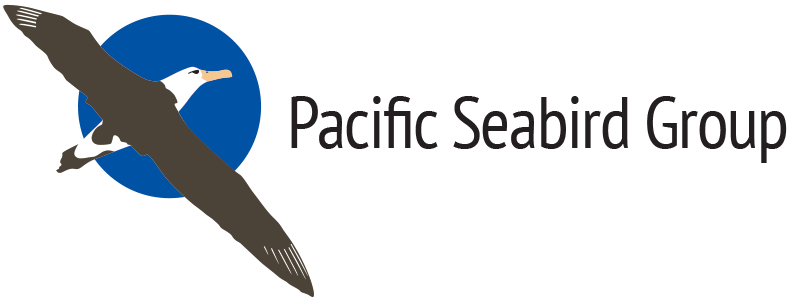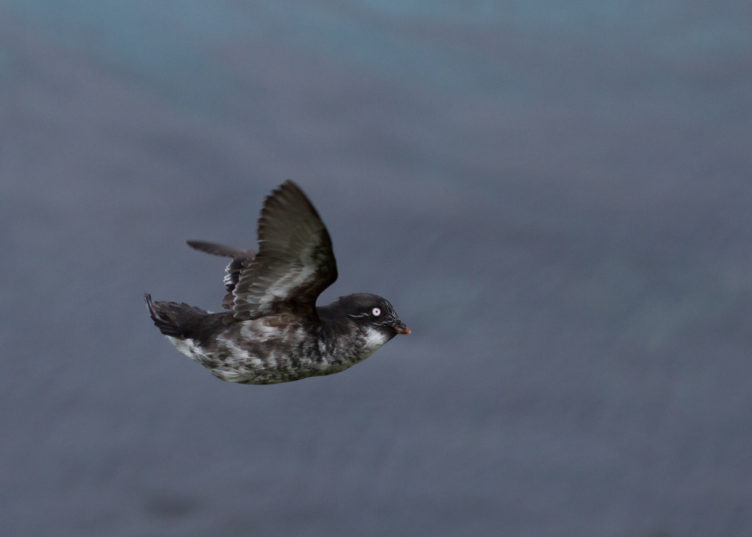William Sydeman
William J. Sydeman, Ph.D., is a marine ecologist with expertise in eastern boundary current, upwelling, and other temperate-subarctic ecosystems of the North Pacific. Bill’s interdisciplinary research lies at the nexus of marine climate change, ocean conditions, zooplankton, forage fish, and marine predators. He has focused particularly on
mechanisms of change in ocean temperature and winds, environmental influences on the population biology of krill and forage fish, seabird foraging behavior and ecology, ecosystem-based fisheries management, seabird conservation, and the development of ecological indicators.
Bill lives and works in Petaluma, California, as President and Chief Scientist of the Farallon Institute. Under his leadership, Farallon Institute has become an outstanding model of how to successfully conduct both academic and conservation-oriented research outside of academic institutions and government agencies, while still working collaboratively with them. The Farallon Institute embodies Bill’s values of pursuing cutting-edge marine science and engaging extensive collaborative networks. It is these qualities that have brought the Farallon Institute to the forefront of research with prominent seabird scientists around the world. Beyond seabird research, however, Bill’s engagement in interdisciplinary science and eagerness to collaborate with those in other areas of marine science has enriched his work and made it also valuable in the broader fields of biological oceanography and marine ecology.
Throughout this evolving career, Bill has been a prolific contributor to seabird, fisheries, and marine ecosystems science. In his various positions over the years, he has instructed hundreds of pre-doctoral students, entry-level biologists, and agency personnel in marine and field biology classes and workshops. He has advised or supervised dozens of BSc, MSc, PhD students and post-Docs. He has served as editor to multiple journals, and reviewed papers or proposals for a wide swath of journals and agencies. He edited 5 different proceedings published in peer reviewed journals, resulting from some of the dozen symposia he has helped to organize. He has published more than 200 peer-reviewed papers in journals specializing in bird, oceanography, plankton, fish and fisheries, conservation, and climate science; and more synthetic or multidisciplinary journals of ecology, marine policy, and science. Bill has long contributed service to many organizations (including PSG and PICES) and advisory panels, and currently serves as the co-chair of California’s Ocean Protection Council – Science Advisory Team.
Focusing on boundary current ecosystems, part of Bill’s plenary will be based on an update of a recent paper published in Science (May 2021) in which he and a large group of international colleagues conducted a meta-analysis of changes in seabird breeding success across the globe in relation to climate change and other human impacts.







